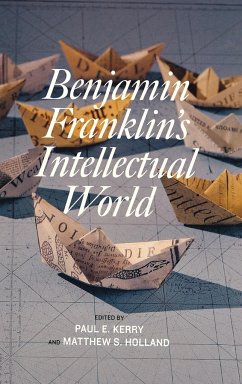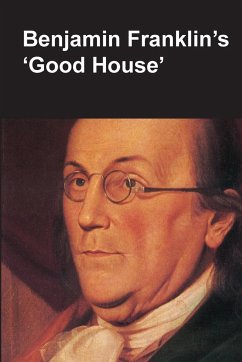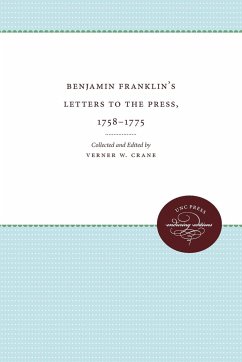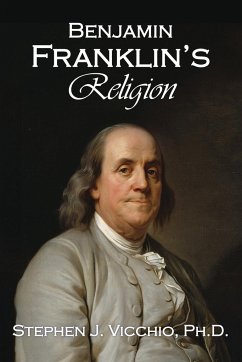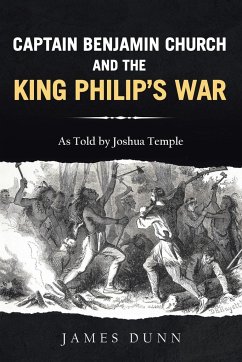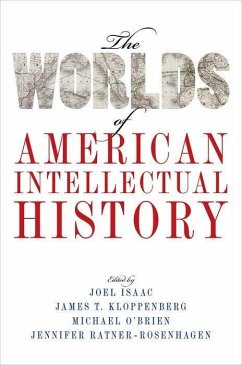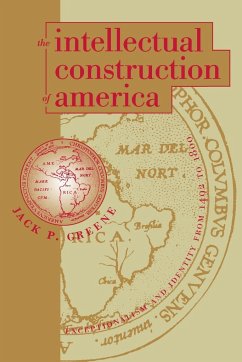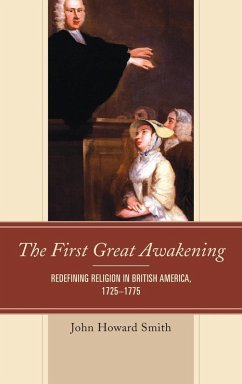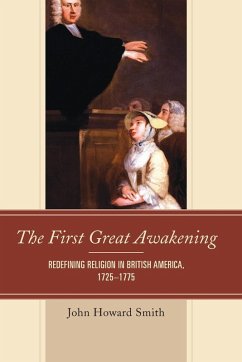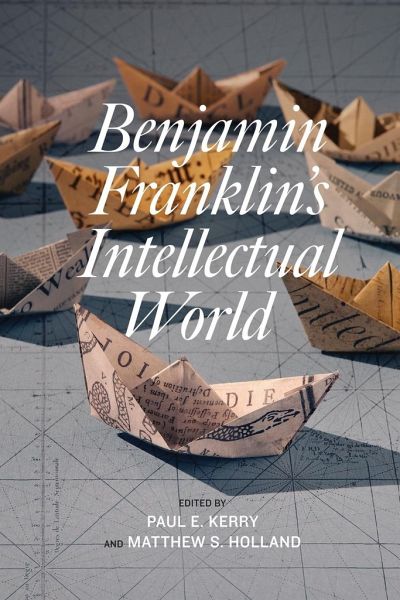
Benjamin Franklin's Intellectual World

PAYBACK Punkte
31 °P sammeln!
This volume attempts to throw fresh light on two areas of Benjamin Franklin's intellectual world, namely: his self-fashioning and his political thought. It is an odd thing that for all of Franklin's voluminous writings-a fantastically well-documented correspondence over many years, scientific treatises that made his name amongst the brightest minds of Europe, newspaper articles, satires, and of course his signature on the Declaration of Independence and the U.S. Constitution-and yet scholars debate how to get at his political thought, indeed, if he had any political philosophy at all. It could...
This volume attempts to throw fresh light on two areas of Benjamin Franklin's intellectual world, namely: his self-fashioning and his political thought. It is an odd thing that for all of Franklin's voluminous writings-a fantastically well-documented correspondence over many years, scientific treatises that made his name amongst the brightest minds of Europe, newspaper articles, satires, and of course his signature on the Declaration of Independence and the U.S. Constitution-and yet scholars debate how to get at his political thought, indeed, if he had any political philosophy at all. It could be argued, that he is perhaps the American Founder most closely associated with the Enlightenment. Similarly, for a man who left so much evidence about his life as a printer, bookseller, postmaster, inventor, diplomat, politician, scientist, among other professions, one who wrote an autobiography that has become a piece of American national literature and, indeed, a contribution to world culture, the question of who Ben Franklin continues to engage scholars and those who read about his life. His identity seems so stable that we associate it with certain virtues that apply to the way we live our lives, time management, for example. The image of the stable figure of Franklin is applied to create a sense of trust in everything from financial institutions to plumbers. His constant drive to improve and fashion himself reveal, however, a man whose identity was not static and fixed, but was focused on growth, on bettering his understanding of himself and the world he lived in and attempted to influence and improve.





